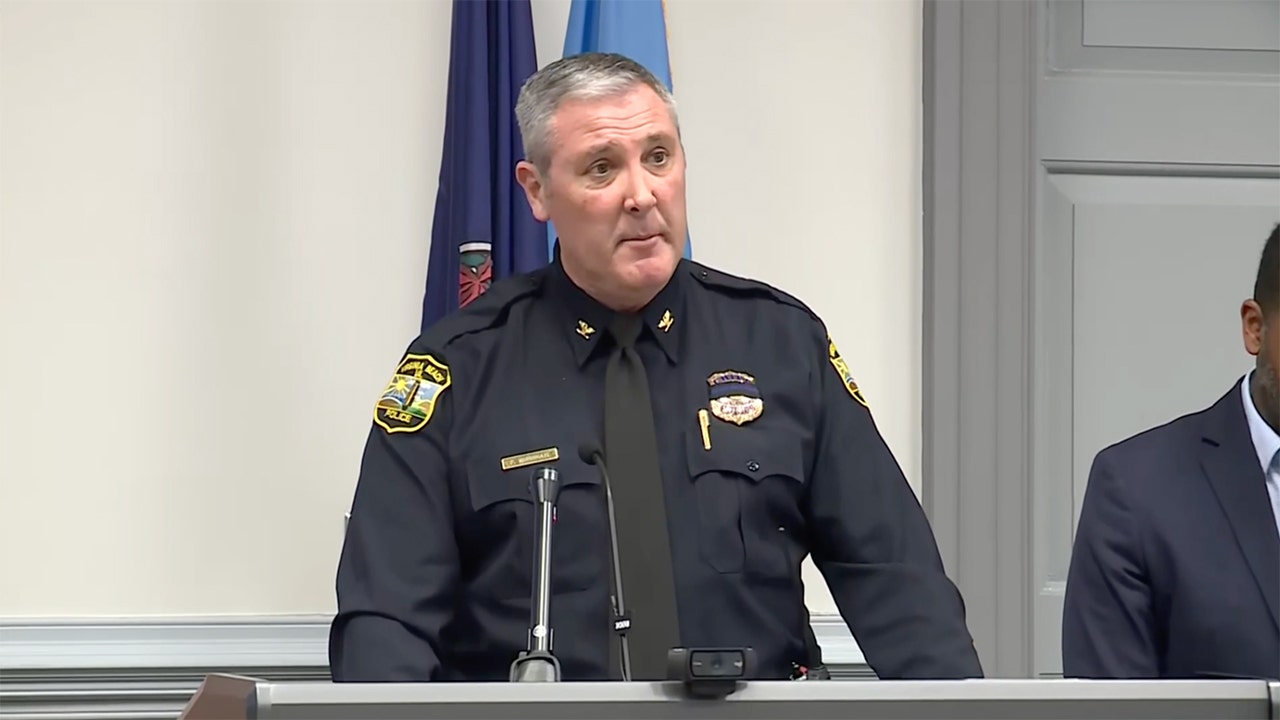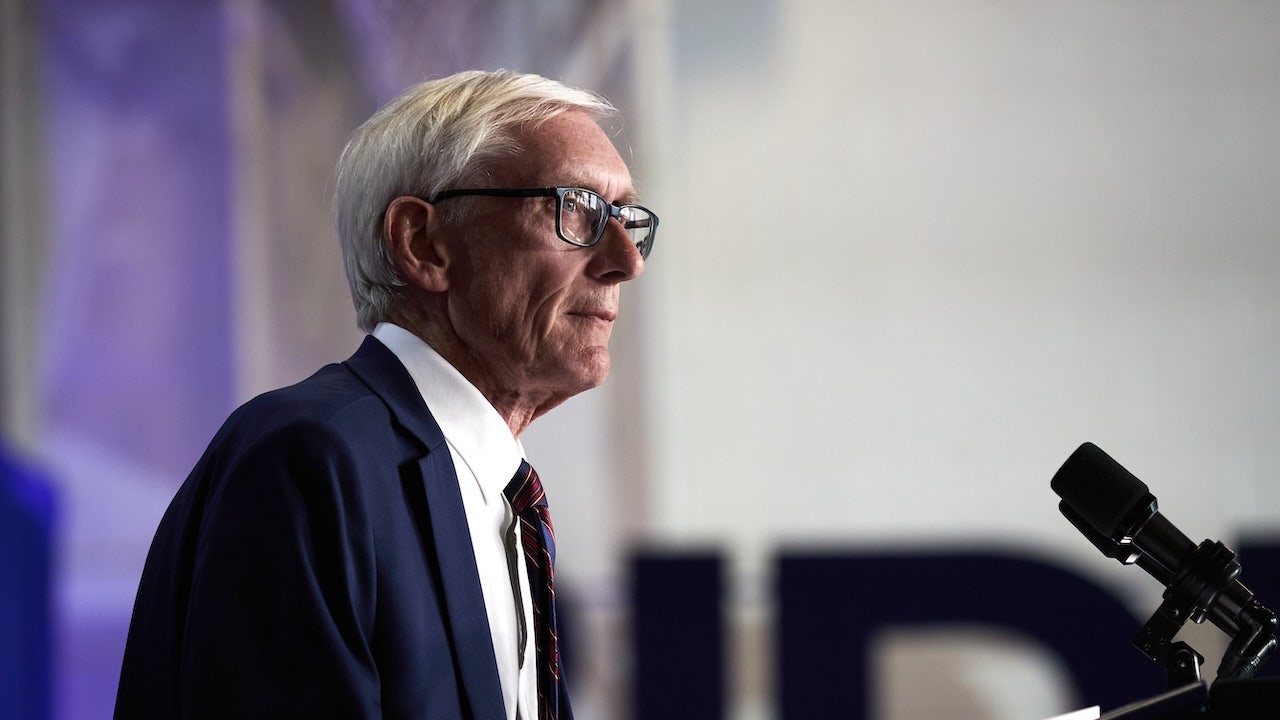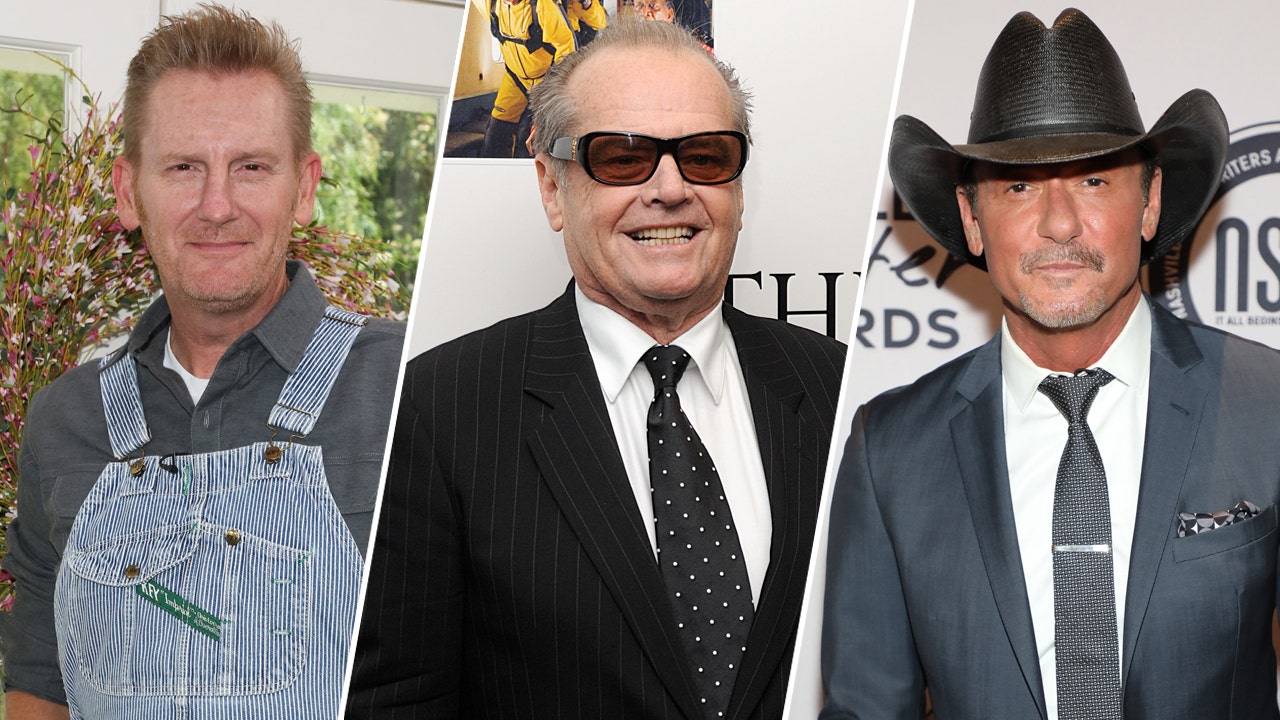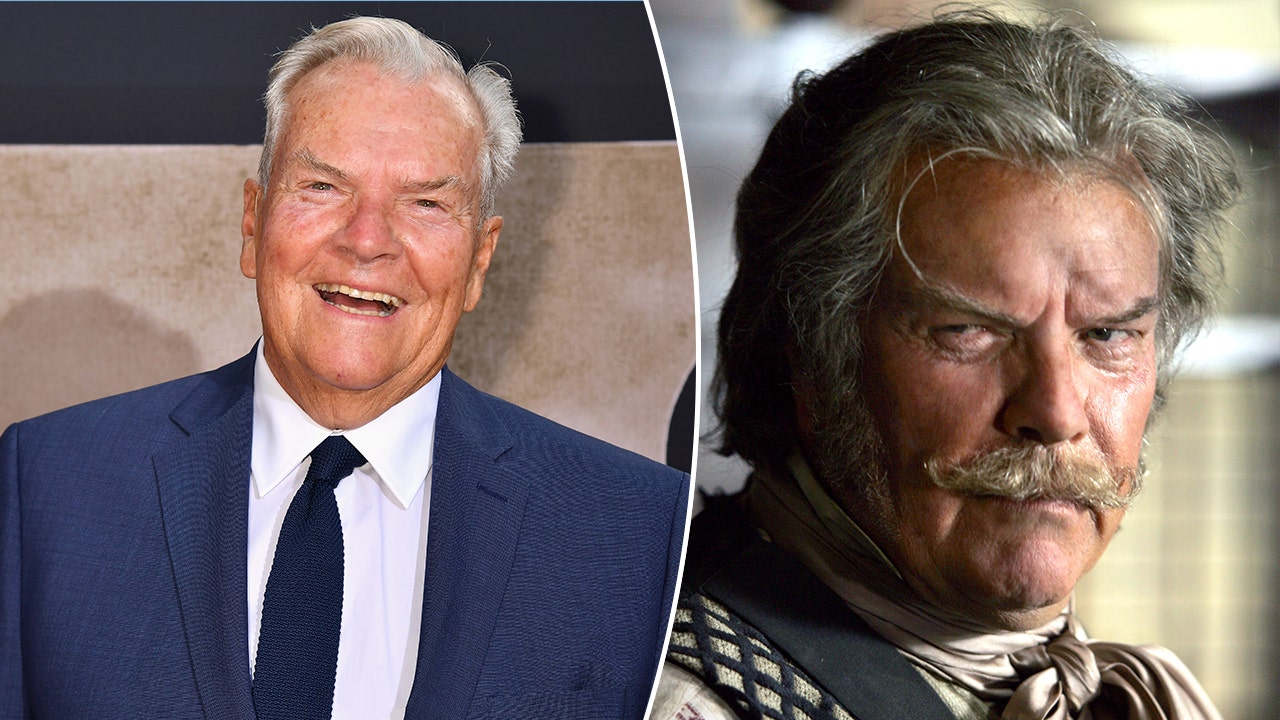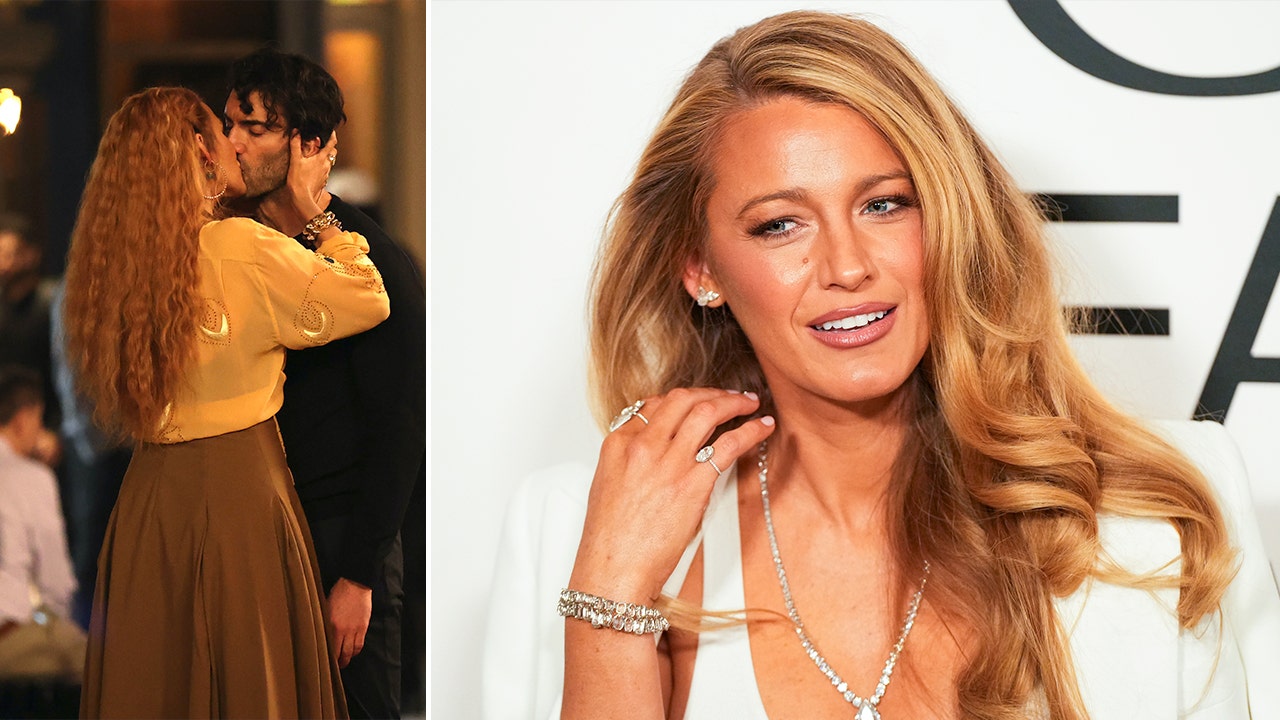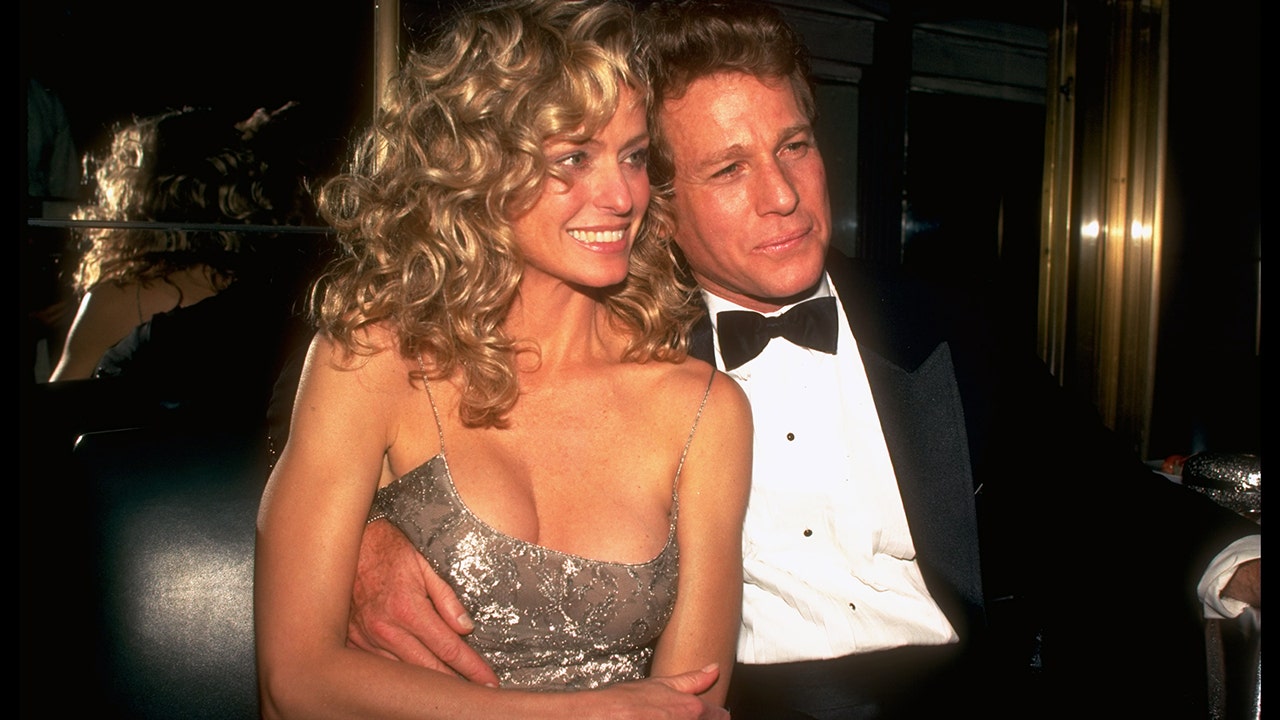Farrah Fawcett died in Ryan O’Neal’s arms, according to close friend Alana Stewart, revealing the profound connection that illustrated their relationship.
The actress, beloved for her iconic role in “Charlie’s Angels,” passed away in 2009 at age 62 due to anal cancer, an illness that weighs heavily on those who knew her.
Stewart, who manages The Farrah Fawcett Foundation—a passionate initiative established in memory of her dear friend—shared with People magazine on Tuesday that O’Neal and Fawcett are laid to rest side by side at Westwood Village Memorial Park in Los Angeles, a serene place that quietly tells their story.
Reflecting on their bond, the 79-year-old Stewart confessed, “I don’t think he ever really got over her dying.” The weight of that emotion lingers, especially now that O’Neal has also passed away at age 82. “But I always think about them being together,” she added, a poignant reminder of their intertwined lives.
“She basically died in his arms,” Stewart recounted with heavy emotion. “I don’t think he was ever the same because she was definitely the love of his life, and he was the love of her life.” These words resonate deeply, encapsulating a love story that defied fame and adversity.
O’Neal and Fawcett’s romance began tumultuously while she was married to Lee Majors, the star of “The Six Million Dollar Man.” Sparks ignited unexpectedly when Majors asked O’Neal to check on his wife during filming. A moment that changed everything.
“She basically died in his arms… I don’t think he was ever the same, because she was definitely the love of his life, and he was the love of her life.”
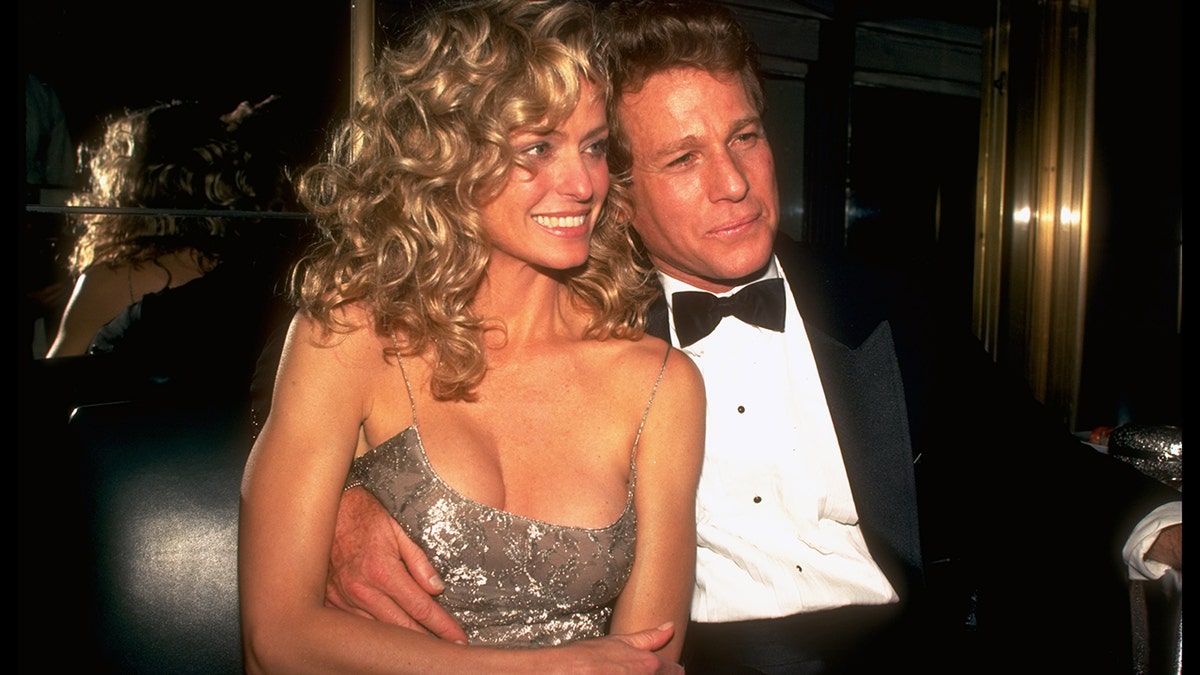
Their romance blossomed openly in 1979, following Fawcett’s separation from Majors, and evolved into a complex on-and-off relationship spanning over 17 years. During this time, they welcomed a son, Redmond O’Neal, in 1985, weaving family dynamics into the fabric of their passionate yet turbulent love.
Stewart noted that while the couple initially parted ways in 1997, they reconnected in 2001, driven by O’Neal’s leukemia diagnosis. Notably, despite their deep ties, they never formalized their relationship through marriage.
According to Stewart, “She and Ryan, when they were home with their son, and he was very little, she cooked the meals.” This illustrates a simpler, intimate side to their lives, contrasting with their celebrity status. Even amidst their fame, they strived for normalcy, often taking Redmond on family trips when work called Fawcett away.

Stewart remarked, “Her home life was a more normal life in that regard.” Yet, as soon as she stepped outside, the chaos of fame intruded upon their peace.
When Fawcett received her cancer diagnosis in 2006, O’Neal became a steadfast presence in her life, offering unwavering support. “Even ’til the end, she was still fighting,” said Stewart. “Ryan was there the whole time; from the time she was diagnosed with cancer, he was there.” Their relationship, marked by depth and loyalty, remained strong until the very end.
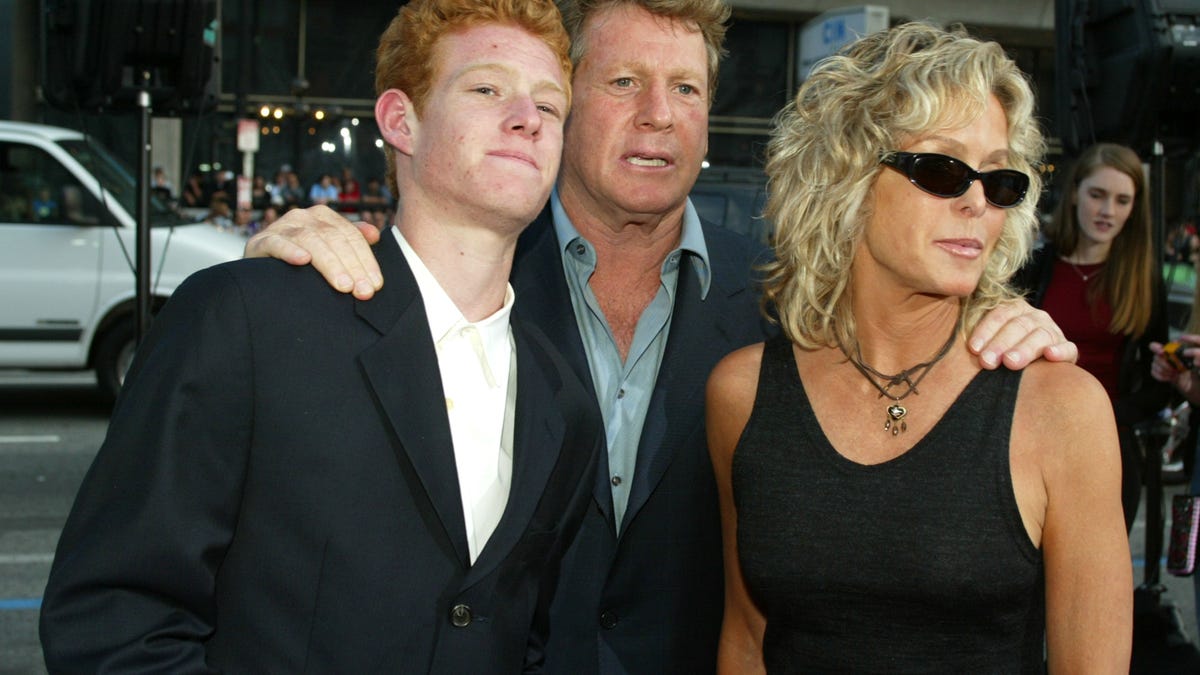
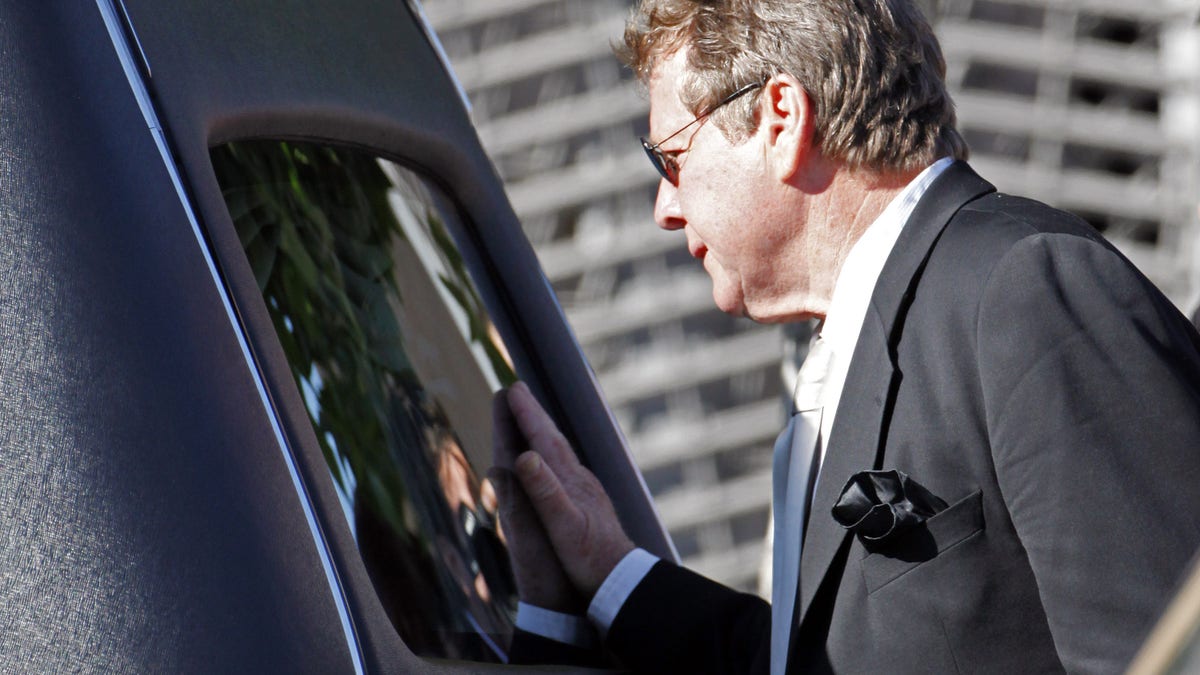
Stewart reflected on a poignant moment during Fawcett’s illness with, “Her mother was dying,” which became crucial in the timeline of events. “She started having a few symptoms while she was there [in Texas] but ignored them, focused on her mom.” This reflects the selfless nature of Fawcett’s spirit, always prioritizing family. It was O’Neal who urged her to seek medical attention, a push that would ultimately lead to the heartbreaking revelation of Stage 4 cancer.
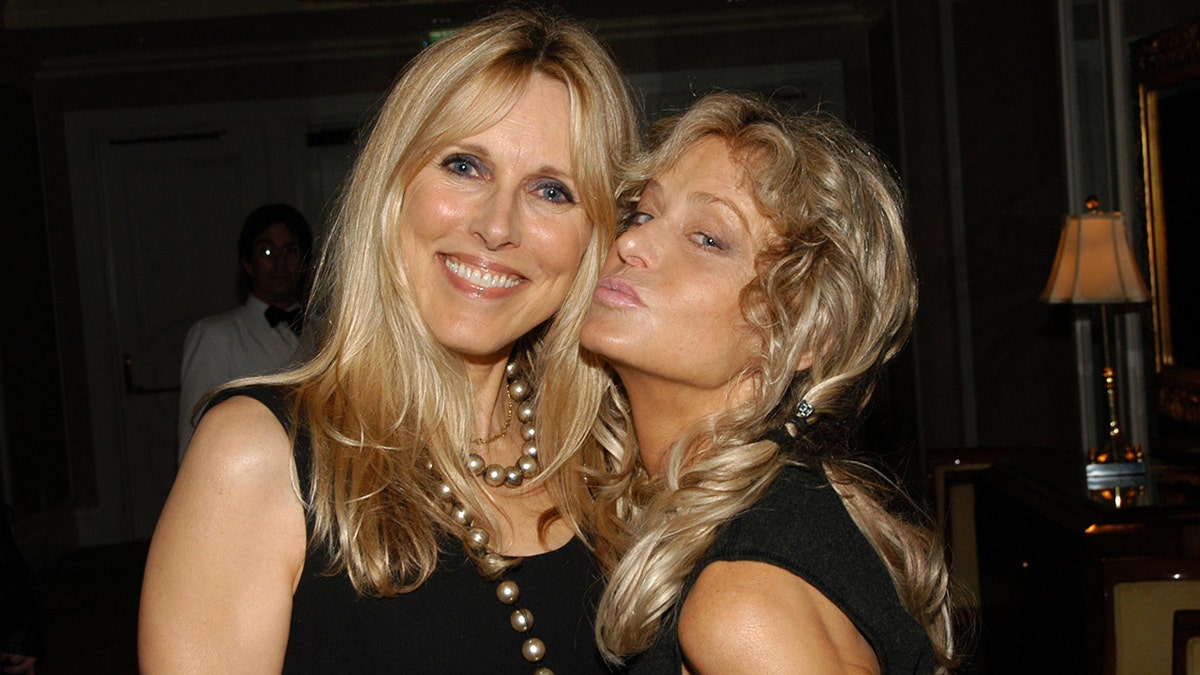
The battle with cancer is not just a personal one; it bears the weight of collective awareness. “That’s part of our mission statement – awareness and prevention,” Stewart emphasized, underscoring the necessity of early detection. “If she had listened to her body…” It’s a haunting thought. If only symptoms were not dismissed as trivial, perhaps the outcome could have been different. Those reflections linger, a reminder that vigilance is vital when it comes to health.
Speaking of early detection, Stewart underscored, “With cancer, early detection is everything.” Many cancers now have detectable signs that allow for potentially curable outcomes. Sadly, Fawcett’s situation was far too advanced by the time of her diagnosis.
During this trying period, Fawcett and O’Neal leaned on one another profoundly, forging a connection that redefined love in adversity. 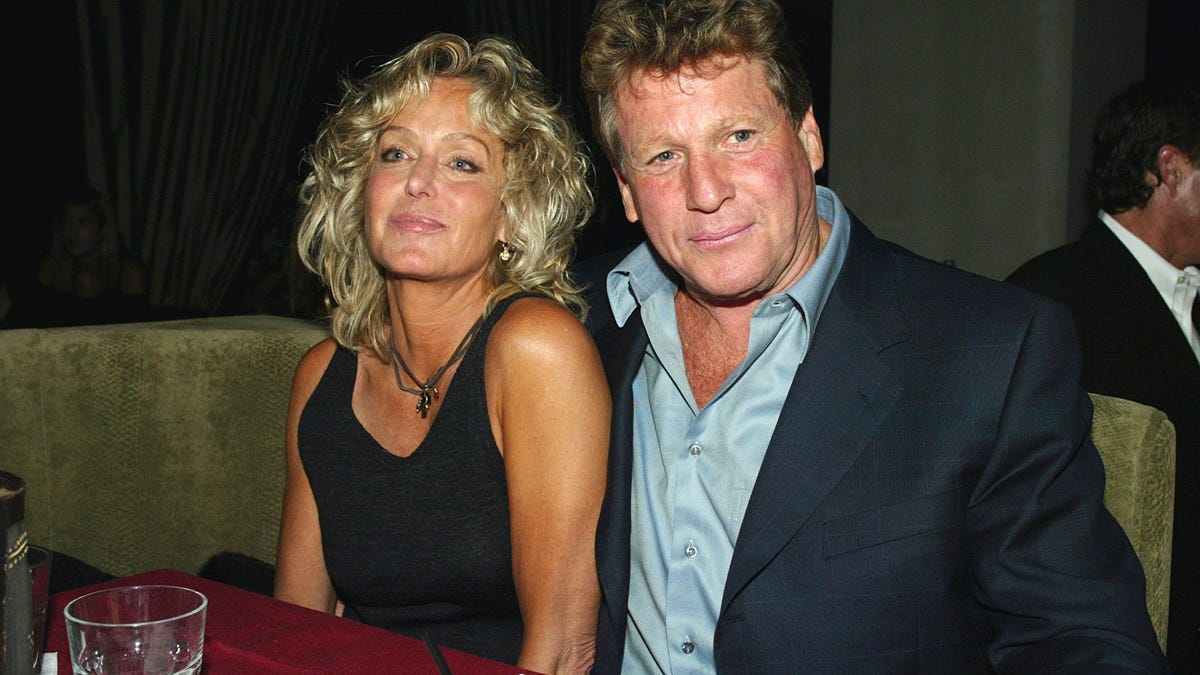
“He was there by her side every moment,” Stewart said, recalling their shared strength. Yet there was an unspoken understanding between them. “We didn’t want to admit that things weren’t looking good.” That moment of clarity was heavy. They all recognized the impending reality, yet they held onto hope, each day a fight against despair.


